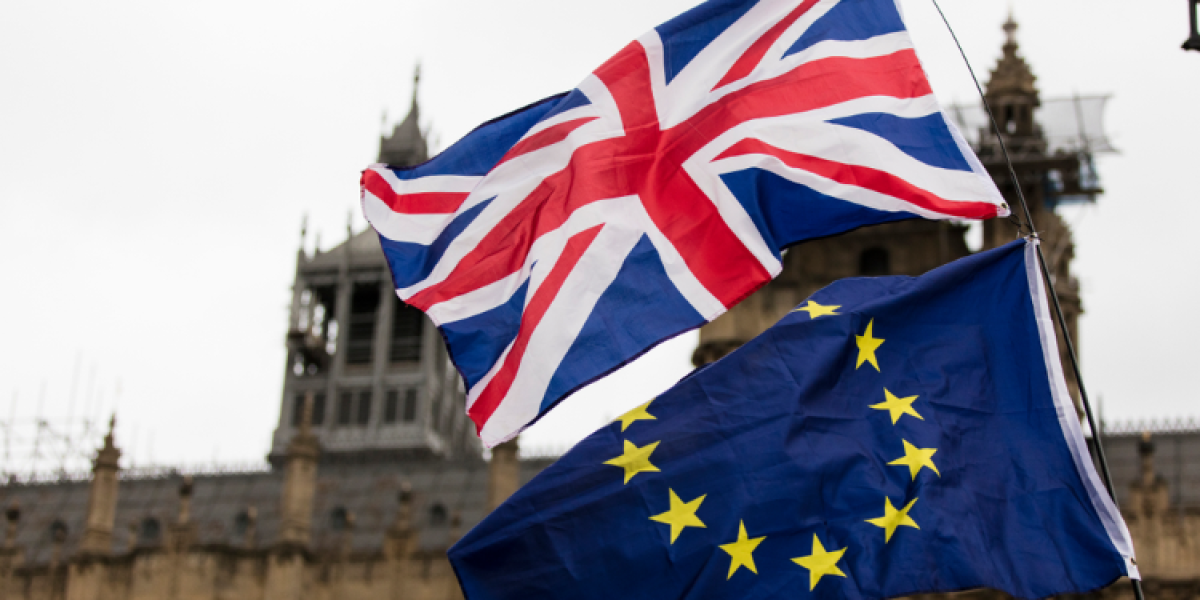
Following Brexit, the status of British expats in Europe, as well as European expats in the United Kingdom, is often questioned. Some European Union member states are offering support to counter the effects of Brexit.
Brexit: a challenge for British expats
A study by Eurostat in December 2022 revealed that between January 2021 and September 2022, 2,285 Britons had received deportation orders from European countries, including Sweden (1,050), the Netherlands (615), Malta (115), France (95), Belgium (65), Denmark (40), Germany (25) and Austria (10). British nationals who are legal residents of an EU country are eligible for permanent residence under the agreements between the UK and the EU. Permanent residence is granted automatically in 14 countries, including Germany, Spain, Italy, and Portugal.
The other countries required the British to apply for permanent residence, like any other foreign resident. Each country was free to set its own rules and deadlines. The reason behind the great majority of deportation orders is that British citizens forgot to apply. But the deportation notices are real. Indeed, Eurostat's data do not seem to distinguish between arrivals before 1 January 2021 (when Brexit takes effect) and later. Nevertheless, these departures are an indication of the impact of Brexit.
The Brexit aftermath and the loss of European citizenship
Brexit has also impacted the lives of Britons involved in local politics in their hometown. By leaving the European Union (EU), the United Kingdom deprived its citizens of European citizenship. European citizenship entitled them to vote and be elected in municipal and European Parliament elections. European citizenship confers additional rights, such as the right to move, reside, work, and study within the European territory. European nationals can travel without a visa, look for work in another EU member state, and even receive social benefits.
How to counter or mitigate the effects of Brexit? The situation, which is problematic for British citizens, is also challenging for EU countries, especially those with large British communities. This is the case in Spain, which is trying to relax the rules for British immigrants with the support of France.
Relaxing the Schengen rules
The Spanish Minister of Tourism is targeting the Schengen rules, which impose a maximum stay of 90 days within a 180-day period on all non-European citizens. A long-stay visa is available (6 months maximum), but the procedure is restrictive. Many British residents would give up their stay due to the demanding visa procedures.
The Spanish Minister believes that British tourists and residents contribute significantly to the Spanish economy. In fact, British tourists account for almost 30% of all tourists in Spain. Hence, Spain's proposal to simplify the Schengen rules for the British. The Minister hopes to be backed by France in this matter.
The rules are subject to change at the European level, as it is impossible to pass laws independently. Spain is urging the other European states to agree with its point of view and to make "an exception" for the British. The effort is welcomed by the British authorities, who are also working to simplify life for their citizens who are either tourists or homeowners abroad.
France is considering a long-stay visa for British expats
For its part, France is considering amending its immigration law to automatically grant the right to a long-stay visa to British who have a secondary home in France. It is a way of attracting British citizens and strengthening links with the UK. Spain, France and the UK are working together to improve relations post-Brexit. There is no doubt that bridges are being built to ensure the continuity of trade.
If these measures were adopted, they would establish a new standard for post-Brexit policies and could encourage other European states to relax their rules to attract British citizens, especially the wealthiest ones.



















